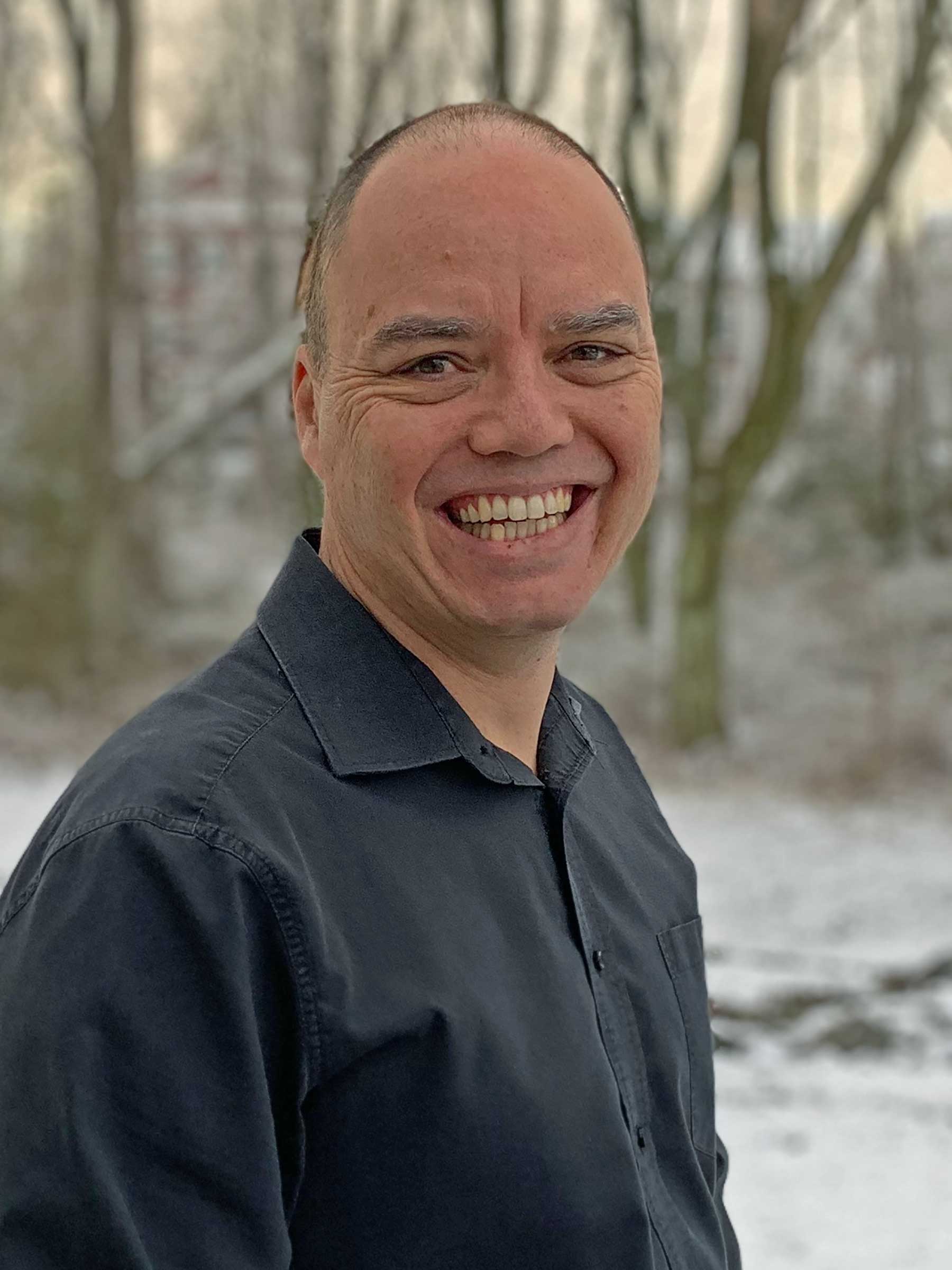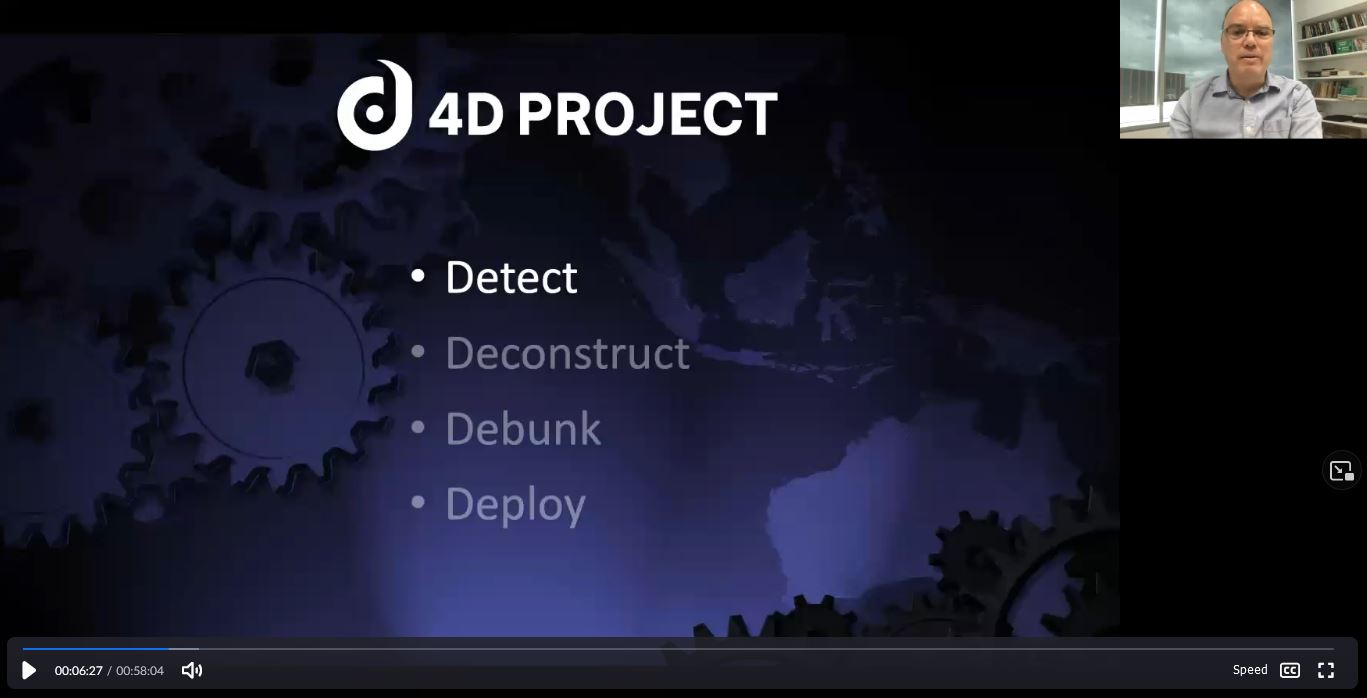
NESS SEMINAR
Dr John Cook
Date: Friday 18th March
Time: 12 – 1pm
Online via zoom
Misinformation is a complex problem, influencing society at political, social, technological, and psychological levels. Solutions in response to misinformation need to be holistic and interdisciplinary. The 4D Project adopts this approach in response to climate misinformation, organised around four themes: Detect, Deconstruct, Debunk, and Deploy. Detection involves using machine learning algorithms to automatically detect and categorize misinformation. Once misinforming claims are detected, critical thinking methods are employed to deconstruct and analyse claims, identifying reasoning fallacies. The rhetorical techniques and fallacies in misinformation can be incorporated into debunking interventions, explaining how they mislead. Debunking interventions are then deployed at scale through public engagement and educational programs, with the goal of building public resilience against misinformation.
In this seminar, John Cook presented his research across the four 4D themes. He introduced his research into using machine learning to detect misinformation, critical thinking methods for deconstructing misinformation, various experimental studies on debunking approaches, and several public engagement projects that put these research findings into practice.
Dr John Cook is a postdoctoral research fellow with the Climate Change Communication Research Hub at Monash University. His research focus is on using critical thinking to build resilience against misinformation. In 2007, he founded Skeptical Science, a website that won the 2011 Australia Museum Eureka Prize for the Advancement of Climate Change Knowledge. In 2020, he published the book Cranky Uncle vs. Climate Change applying critical thinking, inoculation research, and cartoons to engage and educate readers about climate misinformation. He recently released the Cranky Uncle game, combining critical thinking, cartoons, and gamification to build players’ resilience against misinformation. He currently works with organizations like Facebook and NASA to develop evidence-based responses to climate misinformation.




